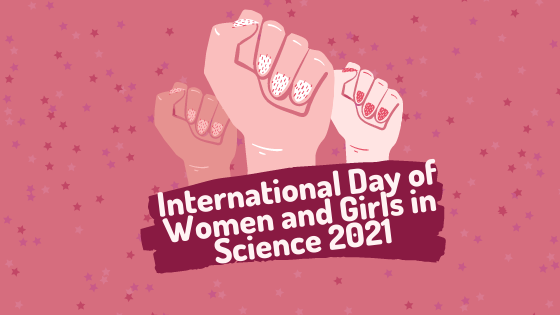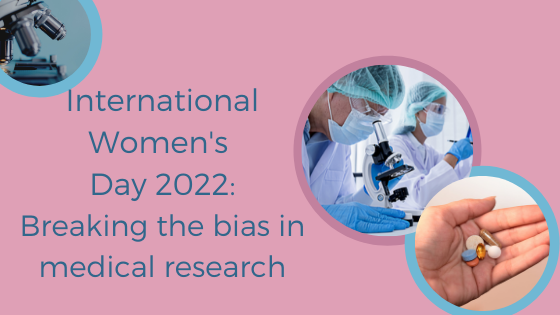The International Day of Women and Girls in Science, a United Nations initiative recognising the role of women and girls in STEM across the world, has been marked every February 11th since 2015. This year’s theme is women in the fight against COVID-19, so we’re taking a look at some exceptional women in science helping to bring an end to the pandemic, as well as asking why the voices of women scientists aren’t being represented enough. Let’s jump right in!

Biochemist Katalin Karikó’s career has been spent researching RNA-mediated immune activation. Her collaboration with Drew Weissman exploring the nucleoside modifications that inactivate the immunogenicity of RNA had been instrumental in allowing BioNTech and Moderna to develop their mRNA vaccines against COVID-19 .

Özlem Türeci, physician and immunologist, is the co-founder and Chief Medical Officer of BioNTech. She co-founded the company alongside her husband Ugur Sahin, and the two of them led the work into the first vaccine to be approved for COVID-19 (BNT162b2).

Akiko Iwasaki, a virologist at Yale University, has been researching several aspects of COVID-19, including differing responses to infection between sexes, as well as the impact of pregnancy on infection. She also has an interest in public health, using Twitter to spread reliable scientific information, and was one of the earliest advocates of the benefits of social distancing right at the start of the pandemic.

Kizzmekia Corbett, an immunologist at the Vaccine Research Center (VRC) at NIAD NIH, Maryland, is the current head of the VRC’s Coronavirus Team. She has been working on coronaviruses since 2014, and her research has helped to unveil the cryogenic electron microscopy of SARS-CoV-2. She has also been involved in the development of the Moderna vaccine.

Soumya Swaminathan, an internationally renowned researcher in HIV and tuberculosis, became Chief Scientist of the WHO in March 2019. She has been crucial in coordinating the WHO’s response to the pandemic, leading bi-weekly press briefings and urging countries to regularly sequence the virus to monitor the development of new variants.
Despite the incredible work of these scientists, it appears that women’s voices are being underrepresented in COVID-19 research. Researchers from The George Institute for Global Health at the University of Oxford analysed over 1,000 COVID-19 papers to identify authorship by women. They found that women represented only 34% of all authors, with only 29% of papers having women as first authors.
The expertise of women has also been underrepresented in media coverage of the pandemic. A study by the Global Institute for Women’s Leadership at King’s College London examined 146,867 articles on COVID-19 and found that only5% of STEM experts mentioned were women. This means that for every reference to a prominent female science expert in a news story about the pandemic, there were 19 mentions of their male counterparts.
The pandemic is has had a severe impact on many working parents, and this appears to disproportionately affect women. A study published in Nature Human Behaviour in July 2020 found that women scientists reported a 5% larger decline in time spent on research than their male colleagues.

It’s clear that academia is not providing adequate infrastructure to allow scientists with children to thrive. We’ve already seen that the work of female scientists has pioneered the pandemic response, so it’s essential that we remove barriers preventing women and girls from succeeding in science. This, of course, applies to those who identify as non-binary; diversity in all its forms is essential for science, as well as the world, to flourish.




